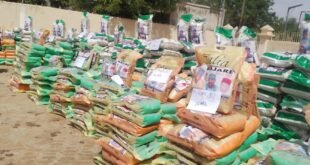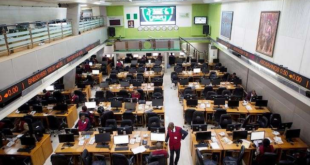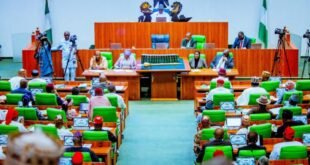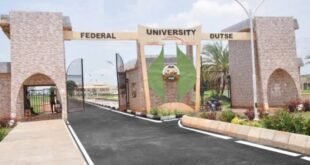In a country where the rainy season often brings more fear than assistance, the government of the State of Lagos said its controversial decision to destroy buildings built in the flood plains began to produce results.
Commissioner for environmental and water resources, Tokunbo Wahab, made this known during the interview on the Sunrise Daily television channel on Tuesday. According to Wahab, what used to look like a hard and unpopular attitude is now proven to be an intervention that saves lives.
“The flood and wetlands are not a place that we can live in,” Wahab said. “Climate change is a real life problem. Lagos will experience heavy rain, and while the government is preparing it, citizens must also take ownership.”
His comments emerged in the midst of increasing concerns about flooding that destroyed in other parts of Nigeria, including Mokwa in the state of Niger, where more than 200 new lives were lost and thousands of people were displaced due to flooding.
Wahab uses the Mokwa tragedy to emphasize the dangers of ignoring environmental guidelines and land use regulations. He said a similar disaster could occur in Lagos if it wasn’t for a brave decision, and often unpopular, which had been taken by his ministry.
Reflecting the initial days in the office, Wahab acknowledged that hard action against illegal buildings was greeted with intense criticism. “People politicized the action. I whistled a dog, I was called fanatics,” he said. “But today, the results showed we took a difficult way to prevent what could be a disaster.”
He also showed repeated problems in the state: illegal structures that do not have appropriate planning approval. Many buildings were destroyed, Wahab noted, did not have official documentation or environmental permits, which were applied to prevent such disasters.
“In Lagos, if you apply for a building approval, you are required to obtain a drainage permit and environmental impact assessment. But what we find is that many of these houses do not have both,” he explained.
Wahab sympathized with Mokwa people and urged Nigerians throughout the country to heed environmental warnings and avoid building in natural waterways.
“This is painful,” he said about Mokwa floods. “So many lives have been lost. We only have to continue to attract citizens to do the right thing. This is not a punishment, that is prevention.”
The commissioner concluded with a reminder that the responsibility of protecting the environment was distributed. “We do our part,” he said. “But we need lagosians to work with us, not against us, to ensure the safety of life and property.”
 JamzNG Latest News, Gist, Entertainment in Nigeria
JamzNG Latest News, Gist, Entertainment in Nigeria









